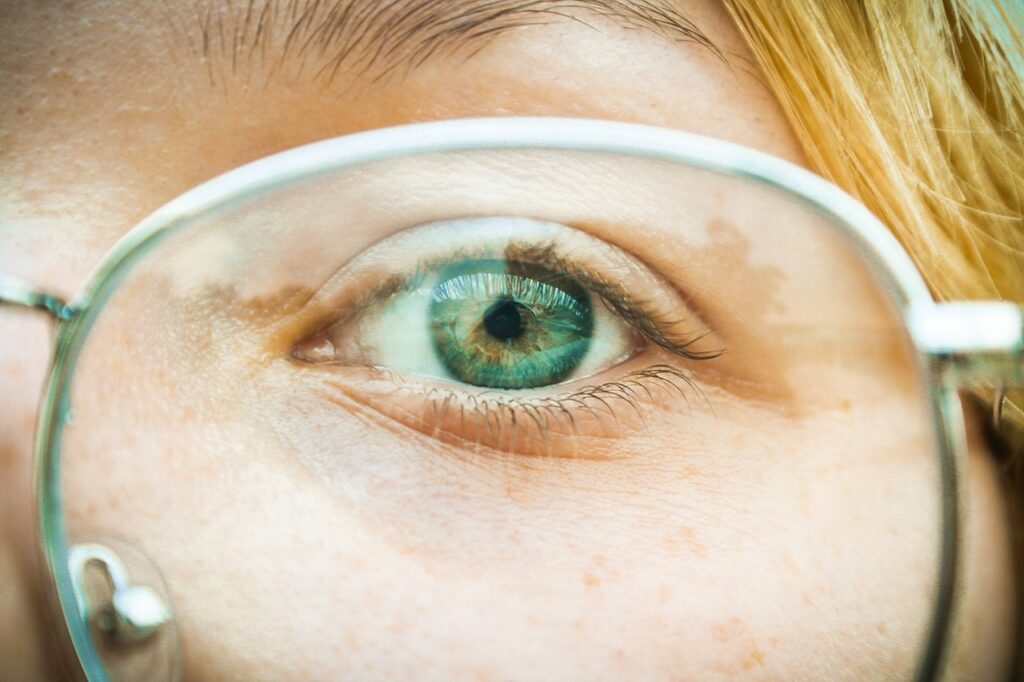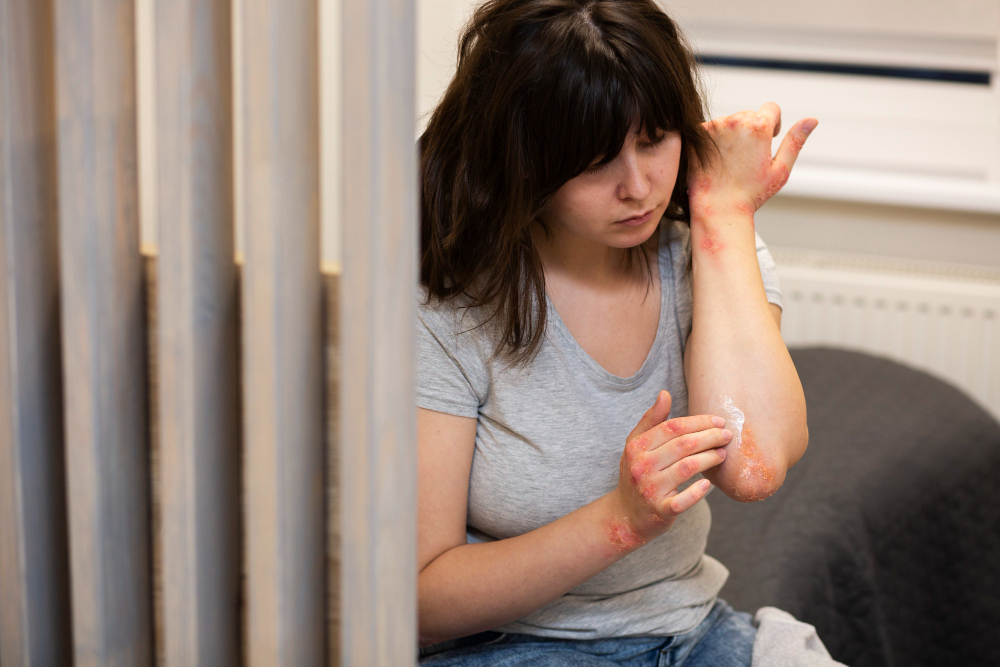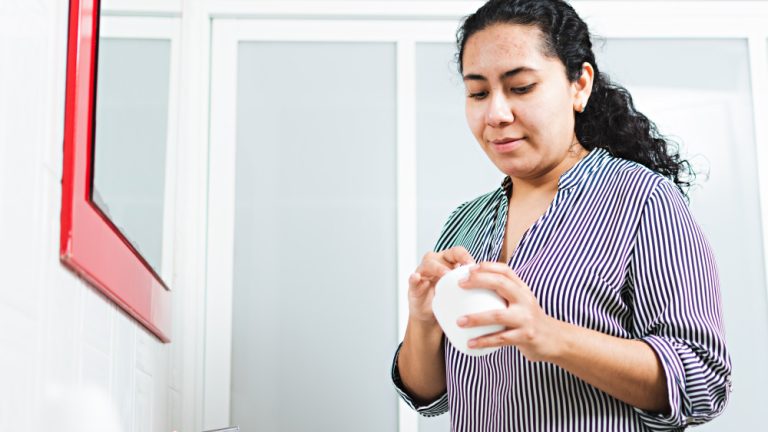There is no one-size-fits-all answer when it comes to the best treatments for eczema, as the severity and location of the condition will vary. However, common treatments include suffocating the eczema with a topical cream, using prescription creams, or using over-the-counter (OTC) remedies.
There are many different ways to treat eczema, but not all of them work for everyone. Some of the best treatments include topical steroids, emollients, and antihistamines.
Click Here to visit our website to get update a special condition of eyes Called Sanpaku Eyes
What is eczema?
Eczema is a medical condition in which the skin becomes red and itchy. It is also known as dermatitis. Eczema is a chronic condition, which means that it can last for a long time, and it can come and go.

The exact cause of eczema is unknown, but it is thought to be related to an overactive immune system. People with eczema often have a family history of the condition. There are several different types of eczema, but the most common type is atopic dermatitis.
Atopic dermatitis usually starts in childhood, and it is more common in boys than girls. The symptoms of atopic dermatitis include dry, itchy skin, and rashes. The rashes can be mild or severe, and they can last for a long time. If the rashes become severe, they can lead to open sores and infections.
Atopic dermatitis is not curable, but there are treatments that can help to relieve the symptoms. These include over-the-counter (OTC) creams and ointments, prescription medications, and light therapy. Some people with atopic dermatitis also find that avoiding triggers, such as certain foods and environmental irritants, helps to reduce the severity of their symptoms.
What causes eczema?
Eczema is a skin condition that results in red, itchy, and inflamed skin. The exact cause of eczema is unknown, but it is believed to be caused by a combination of genetic and environmental factors.
There are several different types of eczema, each with its own set of symptoms. Atopic dermatitis, the most common form of eczema, typically begins in childhood and is characterized by dry, sensitive skin. Contact dermatitis occurs when the skin comes into contact with an irritant, such as a chemical or an allergen, and results in an itchy, red rash.
Eczema can be a chronic condition, meaning it can last for long periods of time or come and go throughout a person’s life. There is no cure for eczema, but there are treatments that can help to manage the symptoms.
Common eczema treatments include the use of moisturizers, corticosteroid creams, antihistamines, and light therapy. In severe cases, oral or injected corticosteroids may be necessary.
Click Here to visit our website to get update a special condition of eyes Called Sanpaku Eyes

What are the best treatments for eczema?
There is no one-size-fits-all answer to the question of what the best treatments for eczema are. The condition is unique to each individual, and what works for one person may not work for another. However, there are a few general treatment options that are often effective in managing eczema.
Topical corticosteroids are the most commonly prescribed treatment for eczema. They are anti-inflammatory drugs that can help to reduce itching, redness, and swelling. Corticosteroids come in a variety of formulations, from creams and ointments to lotions and gels.
Topical calcineurin inhibitors are another common treatment option for eczema. These drugs work by suppressing the immune system, which can help to reduce inflammation. Sanpaku Eyes Calcineurin inhibitors are available as creams, ointments, and solutions.
Moisturizers are an important part of any eczema treatment plan. They help to soothe and protect the skin, and can be used alongside other treatments. Moisturizers should be applied liberally and often, especially after bathing and showering.
Light therapy, also known as phototherapy, is sometimes used to treat eczema. This treatment involves exposing the skin to controlled amounts of natural or artificial light. Light therapy can help to reduce inflammation and itching, and may be used in combination with other treatments.
There is no cure for eczema, but the condition can be managed with effective treatments. If you have eczema, work with your doctor to find a treatment plan that works for you.
Click Here to visit our website to get update a special condition of eyes Called Sanpaku Eyes
How can I prevent eczema?
There is no one definitive answer to the question of how to prevent eczema. However, there are certain measures that can be taken to reduce the risk of developing the condition, or to minimize its severity if it does occur.
The best way to reduce the risk of eczema is to avoid triggers that are known to cause flare-ups. These triggers can vary from person to person, but common triggers include certain soaps, detergents and other chemicals, extremes of temperature, dry skin, stress, and allergens such as dust mites or pollen.
If you are prone to eczema, it is important to take care of your skin and to keep it hydrated. Use a gentle, unscented cleanser and avoid scrubbing or rubbing your skin too vigorously. After bathing, apply a moisturizer immediately to trap in moisture. Choose a moisturizer that is suitable for sensitive skin and that does not contain any irritants or allergens.
If you do develop eczema, there are a number of treatments that can help to relieve the symptoms. These include topical corticosteroids, Sanpaku Eyes antihistamines, and light therapy. In severe cases, oral corticosteroids may be prescribed.
By taking some simple precautions and being aware of the potential triggers, you can help to prevent eczema or to minimize its severity if it does occur.

